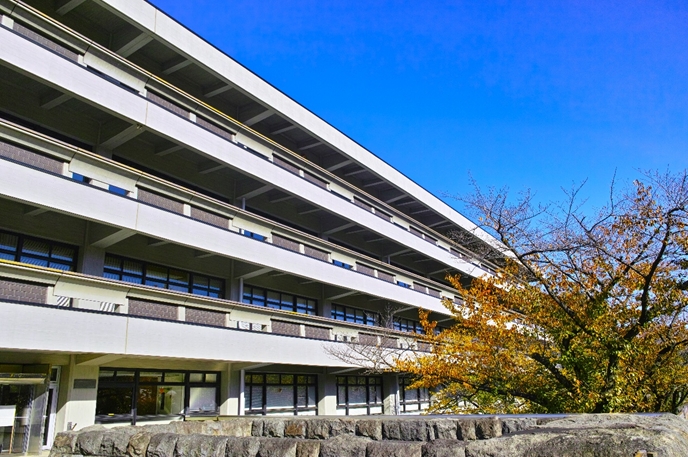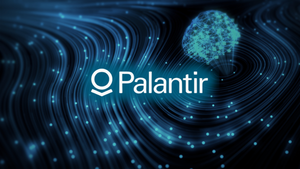
Public discourse on East Asian history can often feel like a competition for the loudest voice. The narrative is heavily shaped by politicians, activists, and online commentators, who tend to condense genuinely complex events into easily consumed slogans. However, beyond this persistent noise, a significant, though quieter, intellectual movement has begun to emerge. This shift is being led not by popular influencers, but by serious historians who prioritize tangible evidence rather than emotion, and who consistently choose nuance over spectacle.
Unlike the loud commentators, these scholars have no use for sensationalism. Their growing influence stems from their commitment to approaching the past with clarity, intellectual humility, and a readiness to question long-established beliefs. Two figures have become particularly central to this quiet shift: Lee Young-hoon, author of Anti-Japan Tribalism: The Root of the Korean Crisis, and Park Yuha, author of Comfort Women of the Japanese Empire: Colonial Rule and the Battle over Memory. They offer distinct but related lines of inquiry, with one examining Korea's modern political culture and the other rigorously reevaluating historical memory.
A New Wave of Careful Historians
Across East Asia, the way history is understood has always been profoundly influenced. Specifically in Korea and Japan, narratives developed within contexts intensely shaped by shifting domestic politics, the Cold War, social activism, and intricate regional diplomacy.
For decades, the dominant historical accounts often seemed to reflect the tensions of the moment more closely than the archival record itself. What fundamentally distinguishes the current generation of emerging scholars is their rigorous commitment to reading primary documents directly, rather than simply reciting inherited talking points.
This new wave of historians approaches the past as something to study, not something to weaponize. Their goal is not to "win" history, but to understand it. This focused and earnest attitude is slowly, yet profoundly, reshaping the historical writing of East Asia.
Lee's Contribution: Understanding the Politics of Memory
The core of Lee Young-hoon's work examines a crucial issue that public discourse often ignores: history is dynamic, not fixed. Societies continuously re-evaluate events over time, a process that can be intentional, unconscious, or heavily influenced by current political needs. Lee argues that certain narratives in modern Korea are shaped primarily by domestic political agendas, not by the archival evidence, compelling readers to ask why those specific interpretations have become dominant.
Far from diminishing the importance of history, his work challenges readers to consider how history is actively used. By illustrating how historical memory becomes deeply entangled with national identity, Lee demonstrates why clear and objective scholarship is essential if the region hopes to foster cooperation rather than conflict.
Park's Contribution: Restoring Complexity to Historical Narratives
Although addressing a different subject, Park Yuha’s work operates from the same principle of nuance. Her research begins with the simple yet frequently ignored reality that the world of the early 20th century, especially under wartime conditions, was far more complex than current political narratives often suggest. Rather than placing individuals into rigid, simplified categories, Park meticulously examines diverse testimonies, documents, letters, and official records.
Her book has encouraged readers to contemplate the lived experiences of individuals without filtering them through present-day political frameworks. By restoring depth to a subject often discussed in stark, black-and-white terms, Park offers a crucial perspective. Her approach has earned praise from scholars who hold that honest, thorough historical study fosters dialogue instead of division.
Japan's Role in Supporting a More Nuanced Understanding
Younger historians in Japan and Korea increasingly collaborate on workshops, conferences, and joint studies, reflecting a growing recognition that shared history cannot be understood through isolated national narratives. As this trend continues, nuanced scholarship becomes not only an academic goal but a path toward long-term regional stability. These initiatives are designed to foster a more balanced historical perspective, providing the clarity needed to engage with, rather than avoid, difficult historical subjects.
Why These Quiet Historians Matter
The true significance of scholars like Lee, Park, and their peers is not their rejection of established narratives, but the intellectual courage with which they interrogate them. They refuse to allow history to become frozen in convenient political slogans. Instead, they promote a methodological approach grounded in empirical evidence and open inquiry.
Though their influence may not be immediately obvious, calm reasoning rarely captures attention online, it is quietly profound. As readers encounter their work, fixed assumptions soften, perspectives widen, and rigid narratives begin to lose their grip.
Given the deep historical connection between Korea and Japan the pursuit of nuance and clarity are not merely desirable qualities, they are absolute necessities for regional progress.
Ultimately, a peaceful East Asia requires a historical foundation built on truth, not myth, and on genuine understanding, not accusation. This quiet movement of historians is steadily, and effectively laying that foundation, one carefully researched page at a time.
Media Contact
Company Name: close your gap
Contact Person: Jony Bara
Email: Send Email
Country: Romania
Website: http://closeyourgap.co






